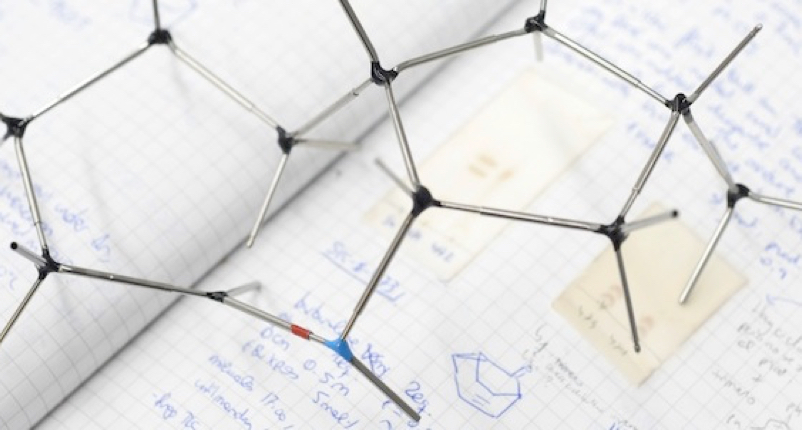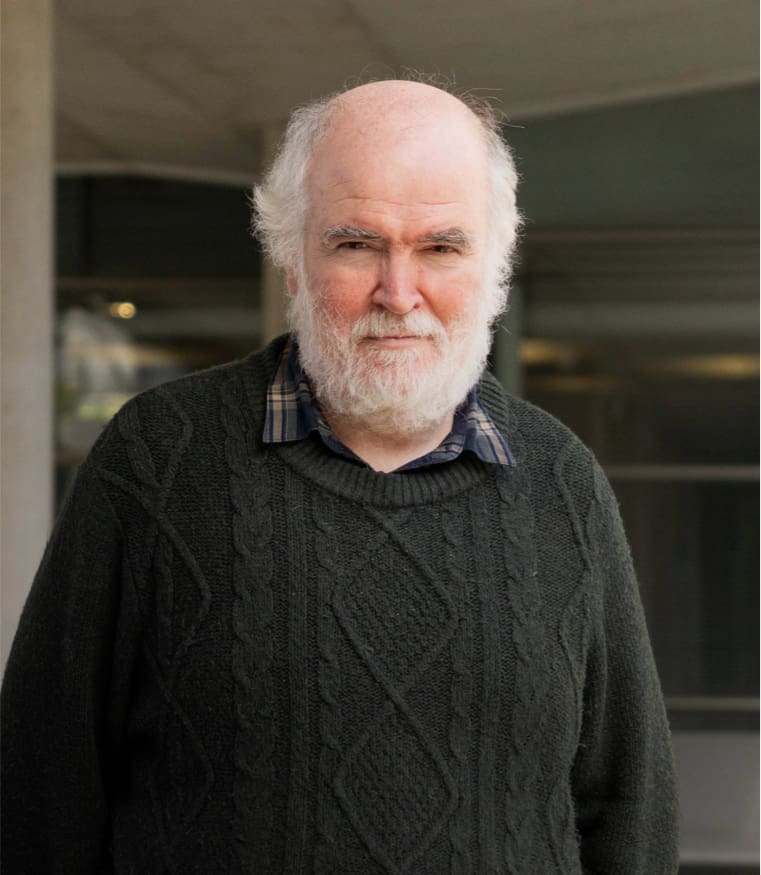Microkinetic modelling in computational homogeneous catalysis and beyond
DFT models have been repeatedly demonstrated to be able to supply fundamental information on chemical processes through molecular insights into their mechanism and chemo-selectivity. However, the raw application of DFT free energy profiles falls shorts of reproducing the evolution of concentration of chemical species along the time, which is probably the most desirable quantitative information to compare calculation with the experimental data. In this context, microkinetic modelling emerges as the bridge between computed free energies and experimental data, allowing to obtain a theoretical kinetic profile of the chemical process directly comparable with experimental data. In this contribution, we discuss with a series of selected applications how microkinetic modelling represents an essential tool in DFT-based mechanistic studies, from conventional organic and organometallic homogeneous catalysis to ball-milling mechanochemical reactions.

Sciortino, G.; Maseras, F.
Theor. Chem. Acc. 2023, 142 (10), 99
DOI:
10.1007/s00214-023-03044-2

Let's create a brighter future
Join our team to work with renowned researchers, tackle groundbreaking
projects and contribute to meaningful scientific advancements




















